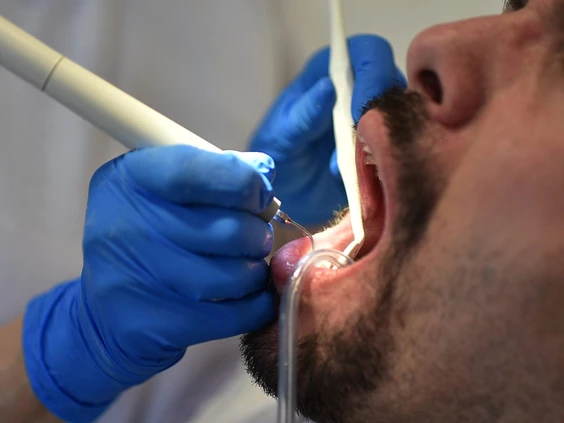While many of us have been following the riveting evidence in the Johnny Depp defamation case, most may not appreciate the connection it has to the world of employment.
Central to the case is an op-ed written by Depp’s ex-wife, Amber Heard that was published in the Washington Post in December, 2018, notably at the onset of the #metoo movement.
In that piece, Heard wrote, in part, that she was a “public figure representing domestic abuse” and that “I had the rare vantage point of seeing, in real time, how institutions protect men accused of abuse.”
In response, Depp sued Heard for $50 million for defamation damages due to his career setbacks. In his opening statement, Depp’s lawyer, Ben Chew argued “Hollywood studios don’t want to deal with the public backlash from hiring someone accused of abuse” and “the evidence will show that Ms. Heard’s false allegation had a significant impact on Mr. Depp’s family and his ability to work.”
It is true that employers are, at best, tentative about hiring a worker with a past riddled with red flags.
Essentially, Depp claims that Heard’s allegedly false allegations against him has seriously impacted his career and his ability to get new work including the next Pirates of the Carribean movie.
The focus of Depp’s case is worth belabouring. We now live in a world where many social media users are very comfortable with making public allegations against people and organizations. Cancel culture in many ways is our culture. And that culture can be financially ruinous to its victims.
It is difficult, as a society to focus on the plight of the victims of false allegations. After all, they may not be worthy of our consideration or fairness because the public allegations made against them could be true. Unsavoury allegations themselves are discomforting, whether they are true is often a secondary consideration, if considered at all.
Allegations of sexual misconduct that were levied during the #metoo movement were, in many cases, very public. These allegations ousted powerful people from powerful positions. While some accused admitted their conduct may have crossed the line and apologised, others flatly denied any wrongdoing whatsoever. The responses didn’t really matter because the allegations were out there, on public record, forever linked to the accused.
Depp’s case illustrates the other side of the #metoo movement.
It demonstrates the long, winding journey of the ‘other’ victims of #metoo; the self-proclaimed falsely accused and the impact false allegations can have on the careers of those caught in the web of the movement.
If you choose to make public allegations about a person, unless you can prove them to be true, that person may be entitled to damages against you. Their damages may be loss of reputation, loss of income, or in Depp’s case, loss of working opportunities.
While the case is still ongoing, and Depp has yet to establish he is entitled to any form of damages, the implications of the Depp defamation case are much broader than the #metoo movement. Many employees have taken to social media to call out supervisors and employers in the wake of #blacklivesmatter and other political movements. While one may believe they can post remarks online about their employer with impunity, Depp’s case shows us that there, indeed, serious consequences for making allegations online.
On to this week’s questions:
Q. I am on a medical leave and I received a letter from my employer that my job is being eliminated. I’m on long term disability and wonder what will happen to my disability payments if I am terminated?
A. You may not experience any interruption in your disability benefits provided your claim continues to be supported by your medical documentation. Following your termination, you may only be eligible to commence a new claim for disability benefits during your statutory notice period. If offered a severance package on your termination make sure to get advice before signing a release as any release may impact your disability claim and benefits.
Q. As an employee what should you look out for when signing an employment agreement?
A. Employees should pay careful attention to clauses that seek to set out entitlements on termination and limit employer liability. Clauses setting out probation, right to lay off and the right to change responsibilities and/or reporting structure are worth considering as well. Lastly, while non-competition clauses are no longer permitted in Ontario for most employees, pay close attention to non-competition and non-solicitation clauses as they may place some limitations on your conduct even after your employment ends
Have a workplace issue? Maybe I can help! Email me at sunira@worklylaw.com and your question may be featured in a future column.
The content of this article is general information only and is not legal advice.




